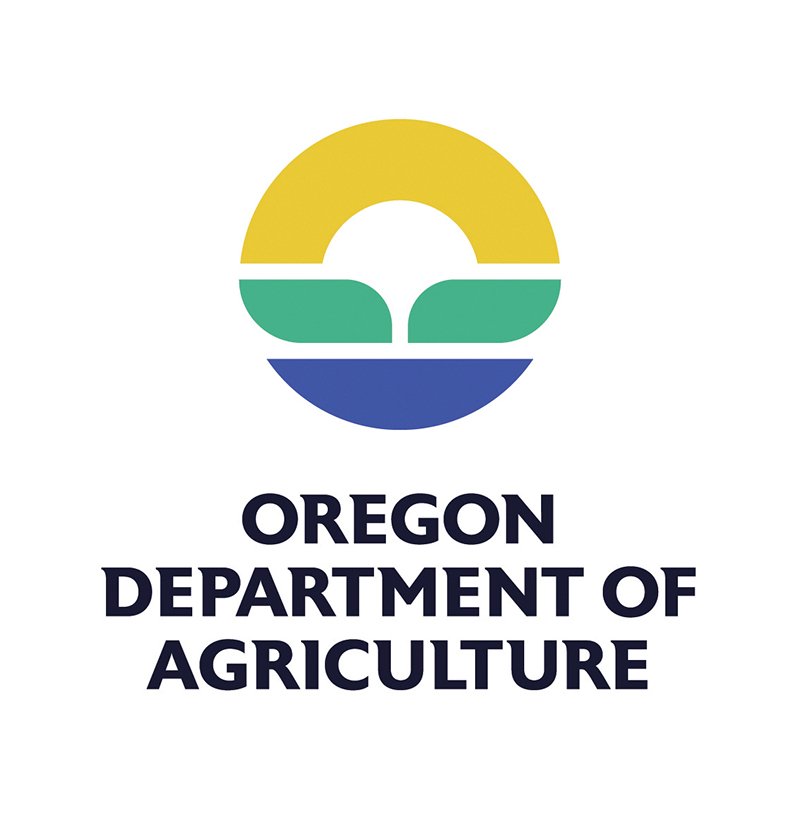The Oregon Bee Project is a cooperative effort between the Oregon Department of Agriculture (ODA), the Oregon State University (OSU) Extension Service, and the Oregon Department of Forestry (ODF).
Oregon Department of Agriculture
Jessica Rendon
Entomologist
Jessica.RENDON@oda.state.or.us
Matthew Bucy
ODA Pesticides Program
Matthew.BUCY@oda.state.or.us
Oregon state university
Andony Melathopoulos
Associate Professor-Pollinator Health Extension
andony.melathopoulos@oregonstate.edu
Jen Larsen
Oregon State University Master Beekeeper and Oregon Bee Project/Oregon Bee Atlas Coordinator
oregon department of forestry - Forest health
Christine Buhl
Entomologist
Learn more about partner programs:
ODA Insect Pest Prevention & Management Program
https://www.oregon.gov/ODA/programs/IPPM/Pages/AboutIPPM.aspx
The Insect Pest Prevention and Management (IPPM) Program works to protect Oregon’s agriculture, horticulture, environment, and quality of life from damaging insect pests & enhance or maintain the value of our agricultural and horticultural products.
ODA Insect Lab
https://www.oregon.gov/ODA/programs/IPPM/InsectsSpiders/Pages/ODAInsectCollection.aspx
The ODA has a large insect collection and genetic and imaging identification tools as part of the Insect Pest Prevention & Management program. These tools are used to identify insects of agricultural significance.
ODA Pesticides Program
https://www.oregon.gov/ODA/programs/Pesticides/Pages/AboutPesticides.aspx
The Pesticide and Fertilizer Programs regulate the sale and use of pesticides and fertilizers in Oregon with the goal of 1) Protecting people and the environment from any adverse effects of pesticide use while maintaining the availability of pesticides for beneficial uses, and 2) To assure that effective fertilizer, agricultural mineral, agricultural amendment, and lime products are provided for agricultural and consumer uses.
OSU Pollinator Health
http://agsci.oregonstate.edu/pollinator-health
The OSU Pollinator Health Research and Extension program focuses on designing, developing, implementing, and evaluating a statewide pollinator health program. The focus of the program is not restricted to the Oregon’s four managed pollinator species (honey bees, alfalfa leafcutter bees, orchard mason bees and alkali bees) but also to the state’s rich endowment of wild species.
Subscribe to the PolliNation Podcast
For people making bold strides to improve the health of pollinators
OSU Extension
http://extension.oregonstate.edu/
The Oregon State University Extension Service engages the people of Oregon with research-based knowledge and education that strengthen communities and economies, sustain natural resources, and promote healthy families and individuals.
OSU Garden Ecology Lab
http://blogs.oregonstate.edu/gardenecologylab/
The Garden Ecology lab studies gardens: the plants, insects, animals, people, decisions and management practices that either improve or degrade a garden’s ability to promote environmental and human health.
OSU Honey Bee Lab
http://honeybeelab.oregonstate.edu/
The Honey Bee Research and Extension program at Oregon State University focuses on honey bee health, nutrition, and pollination with a goal of servicing commercial beekeepers, backyard beekeepers, producers, and all citizens that are interested in bees.
ODF Forest Health
http://tinyurl.com/ODF-ForestHealth
The Forest Health unit of ODF conducts monitoring programs, performs collaborative research and provides technical assistance for a variety of forest health issues including insects, diseases, abiotic stressors and invasive species. Forests are an important source of forage, nesting materials and habitat for our native bees. ODF strives to help landowners incorporate pollinator-friendly practices into their management activities. The Forest Health team provides assistance and training to various public and private landowners and is aided in distributing information by stewardship foresters located at 33 ODF unit offices located throughout the state.
Oregon State Arthropod Collecton
The Oregon State Arthropod Collection the largest entomological research collection in the Pacific Northwest with a history extending back into the early years of the Oregon State College (1860's/1870's). Since then, they have continued to grow and support entomological research and teaching at OSU and the entire region. Today, they have are a research collection of nearly 3 million specimens representing insects and other arthropod species from around the world, including many of the historical bees of the Pacific Northwest region.




